On February 17 of this year, a leadership meeting of the Accelerator of Social and Economic Reforms under the Administration of the President of the Republic of Uzbekistan (Accelerator) was held on the platform of the Center for Economic Research and Reforms (CERR).
The purpose of the meeting was to intensify the interaction of government agencies, mobilize their resources, as well as present the existing problems in the socio-economic sphere for their further rapid and effective solution in the 100-day period in accordance with the methodology of the Government Accelerator of the United Arab Emirates (UAE).
The meeting was held under the leadership of the Director of the Center for Economic Research and Reforms O.Khakimov, as well as with the participation of Accelerator coordinators M.Babajanov, A.Khalmurzaev and T.Niyazmatov.
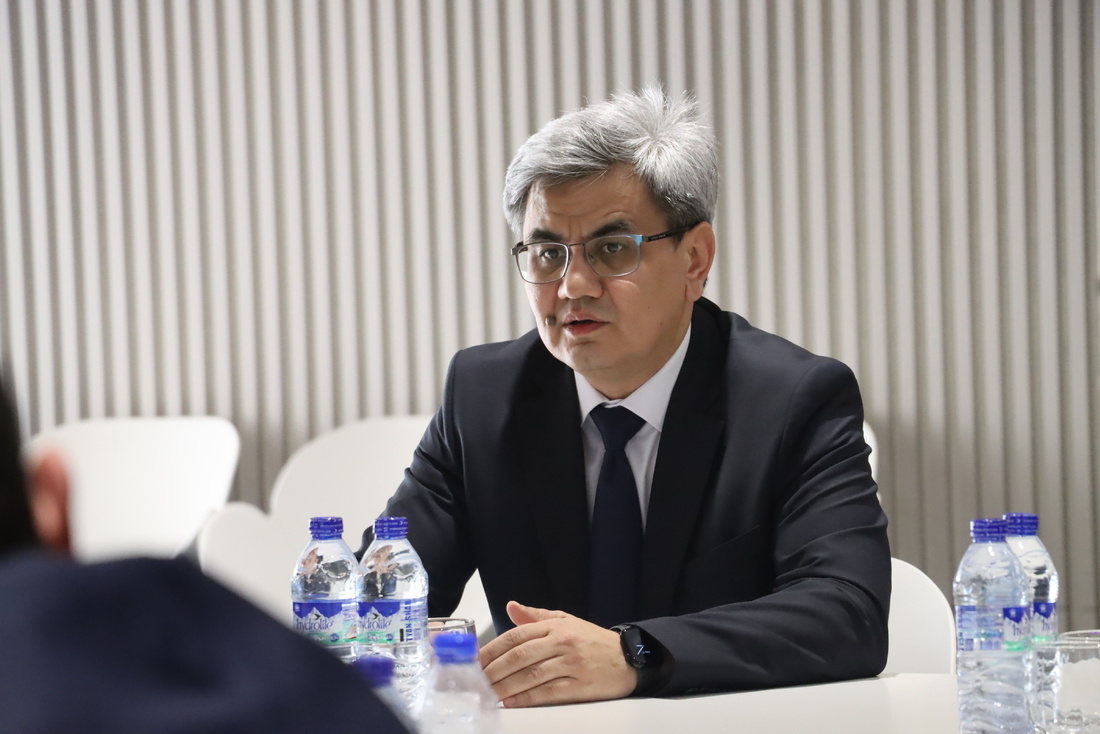
From the ministries and agencies responsible for solving the approved problems, the meeting was attended by over 20 participants at the level of heads and responsible executors. During the event, the following problems were presented to the participants by the CERR, which will need to be solved within 3 months:
- Establishment of a system for evaluating and monitoring the implementation of reforms.
In recent years, a number of reforms have been implemented in the republic aimed at improving the socio-economic well-being of the population. Now it is proposed to develop comprehensive measures for the systematic and objective assessment of the results of reforms and to conduct quantitative and qualitative comparative analysis (KPI) of the results of reforms, to create electronic databases, which will have a positive impact on the collection, analysis and evaluation of such data, consisting of a significant amount of statistical and other data.
In this regard, the participants decided to form a system of evaluation and monitoring of the reforms implemented in the republic.
- Transition to providing consumers with electric and thermal energy through the installation of solar photovoltaic stations, energy-saving devices and solar thermal collectors.
To date, the country is still experiencing some cases of interruptions in the supply of electricity to consumers, lack of gas, coal and water resources for the production of electricity from traditional sources. Also, the emission of pollutants into the atmosphere as a result of electricity production in thermal power plants has a negative impact on the environment. The importance of implementing alternative energy sources is increasing day by day. In this regard, the participants proposed to establish a "pilot" project for a phased transition to providing consumers with electricity and hot water by installing solar photovoltaic energy-saving devices and solar thermal collectors, as well as opening a credit line "credit for solar panels" and reducing the compensation period for the cost of purchasing the above equipment.
As part of a "pilot" project, it is planned to install such equipment in one of the mahallas of Tashkent.
- Stabilization of fuel prices
As of May 1, 2020, state regulation of retail prices for all types of gasoline and diesel fuel has been abolished in our country, and their sale by oil refineries exclusively through exchange trades has been defined.
Under such conditions, changes in oil prices in the world market lead to a sharp change in fuel prices in the domestic market, which in turn may lead to a decrease in the purchasing power of the population, an increase in the cost of goods and services, as well as a decrease in the competitiveness of the economy of the republic.
_________________________________________________________________________________________________
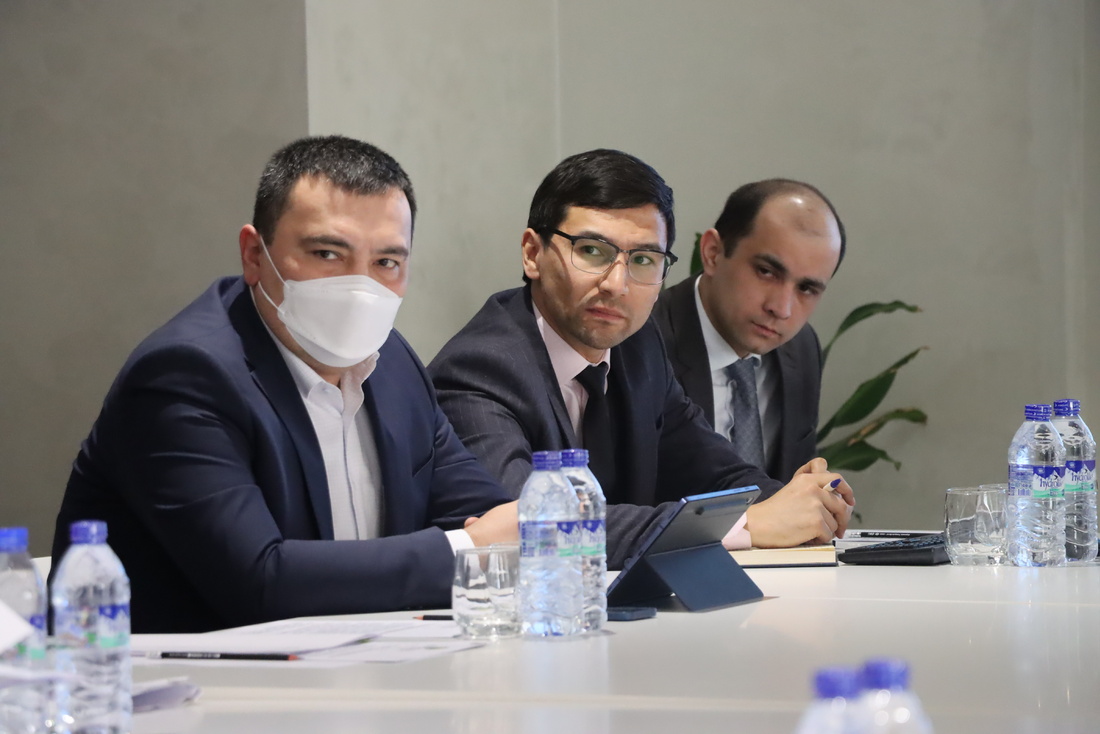
In this regard, in order to ensure price stability in the domestic market in the face of a sharp increase in fuel prices in the world market, it is proposed to introduce mechanisms to stabilize fluctuations in fuel prices. It is worth noting that for each area will be created working groups with responsible staff of the involved ministries and agencies, which within 25 days will summarize the interim results and report to the team "Leadership" (leaders). At the end of the 100 days of work, the Accelerator leaders will meet for the final phase, during which they are expected to present the results achieved in each of the identified areas.
Public Relations Service CERR

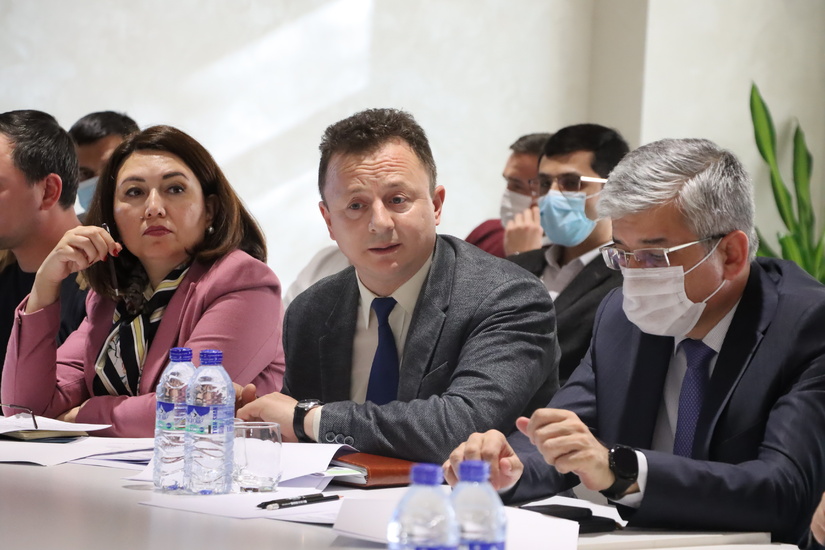
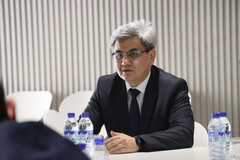
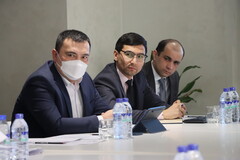
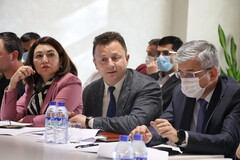
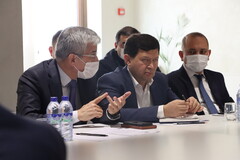
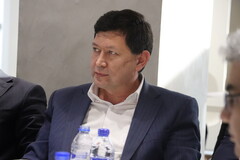
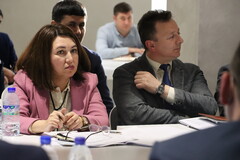
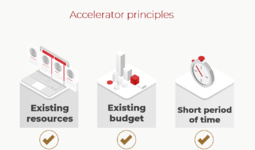

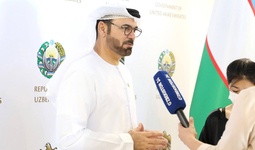
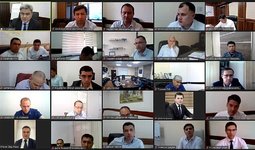















leave a comment